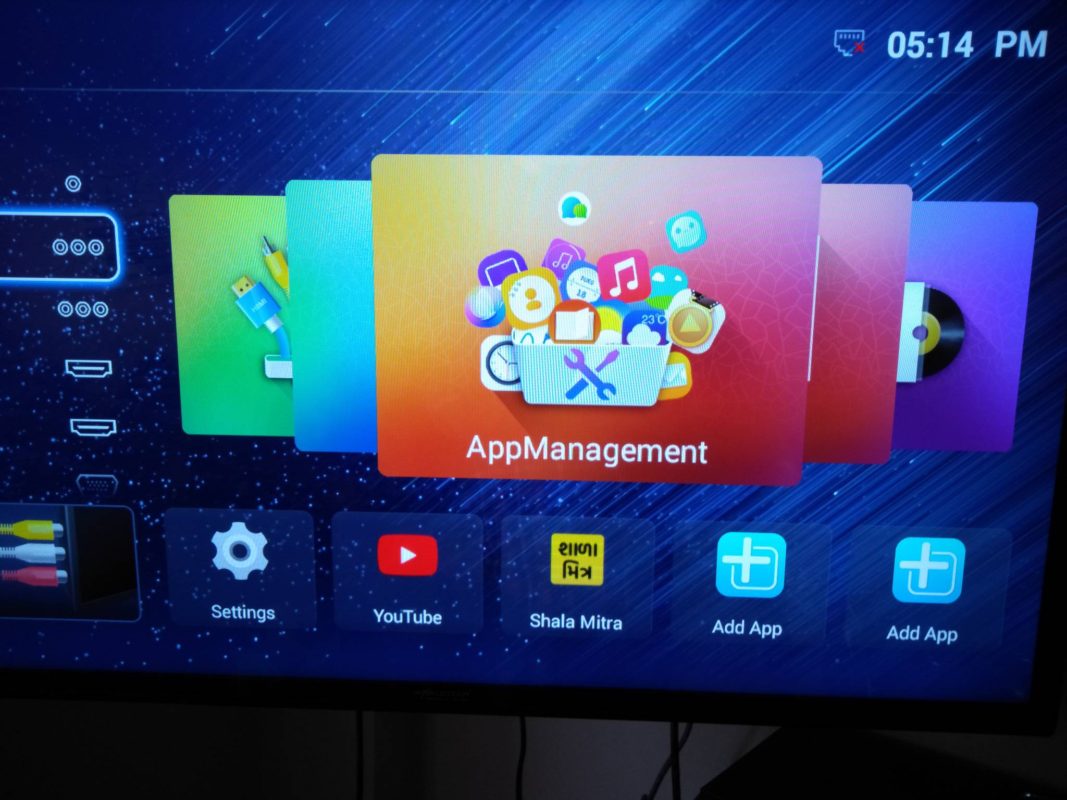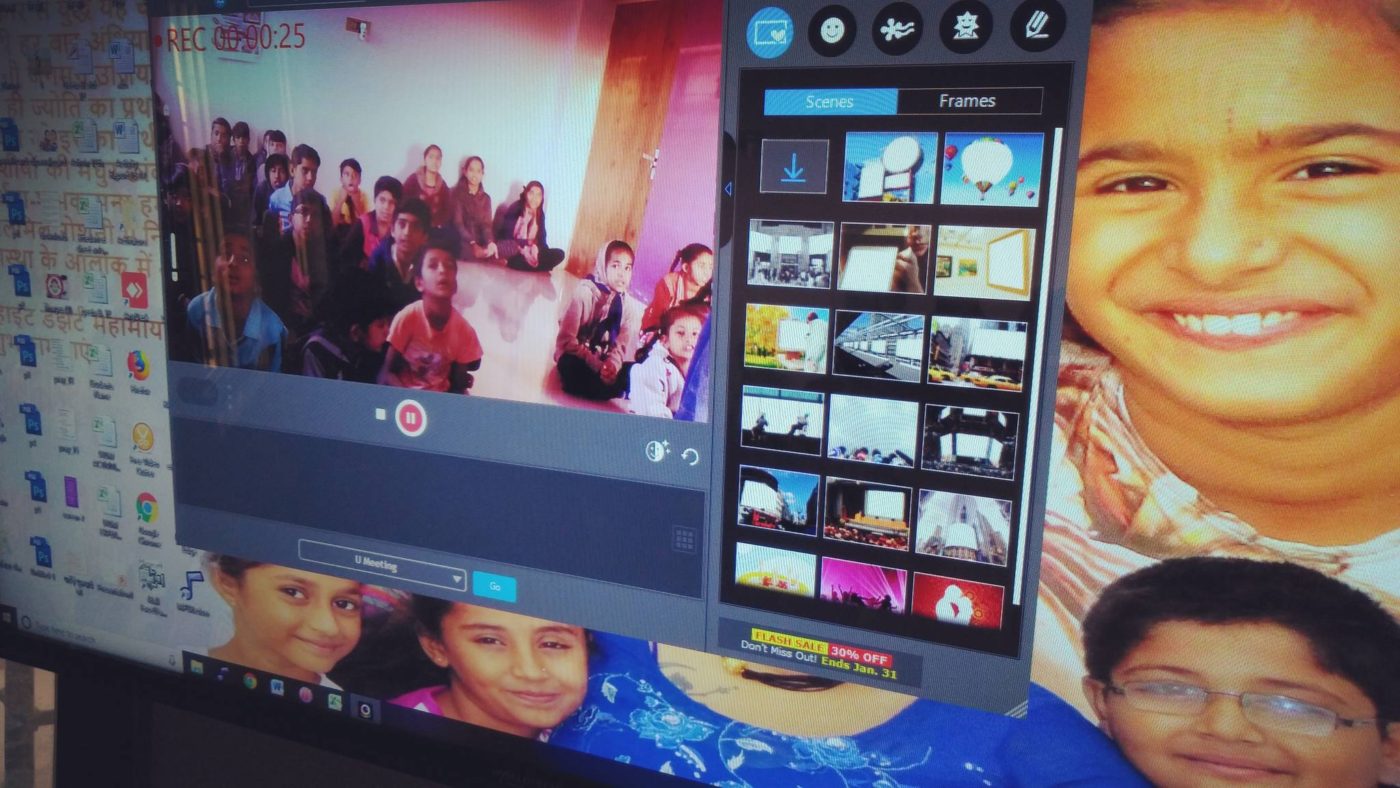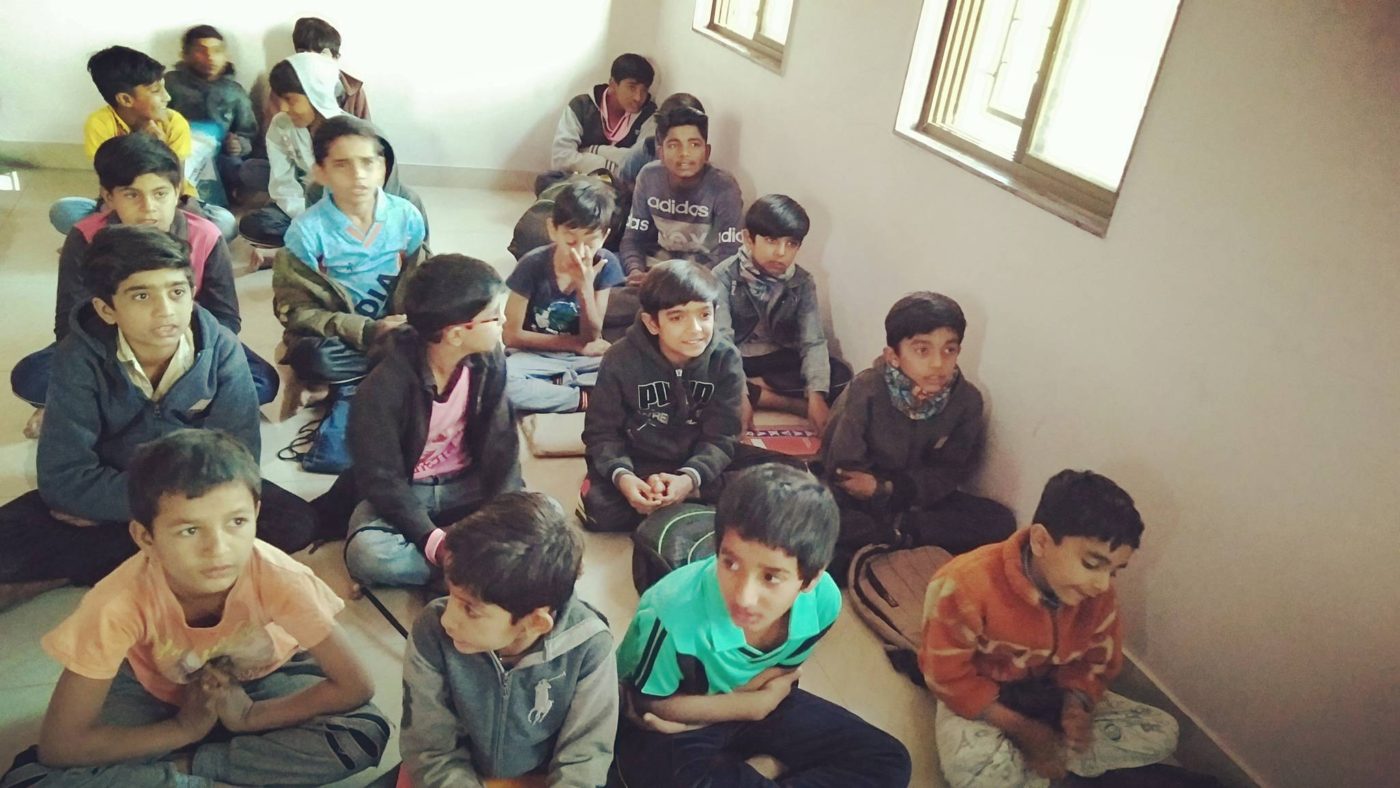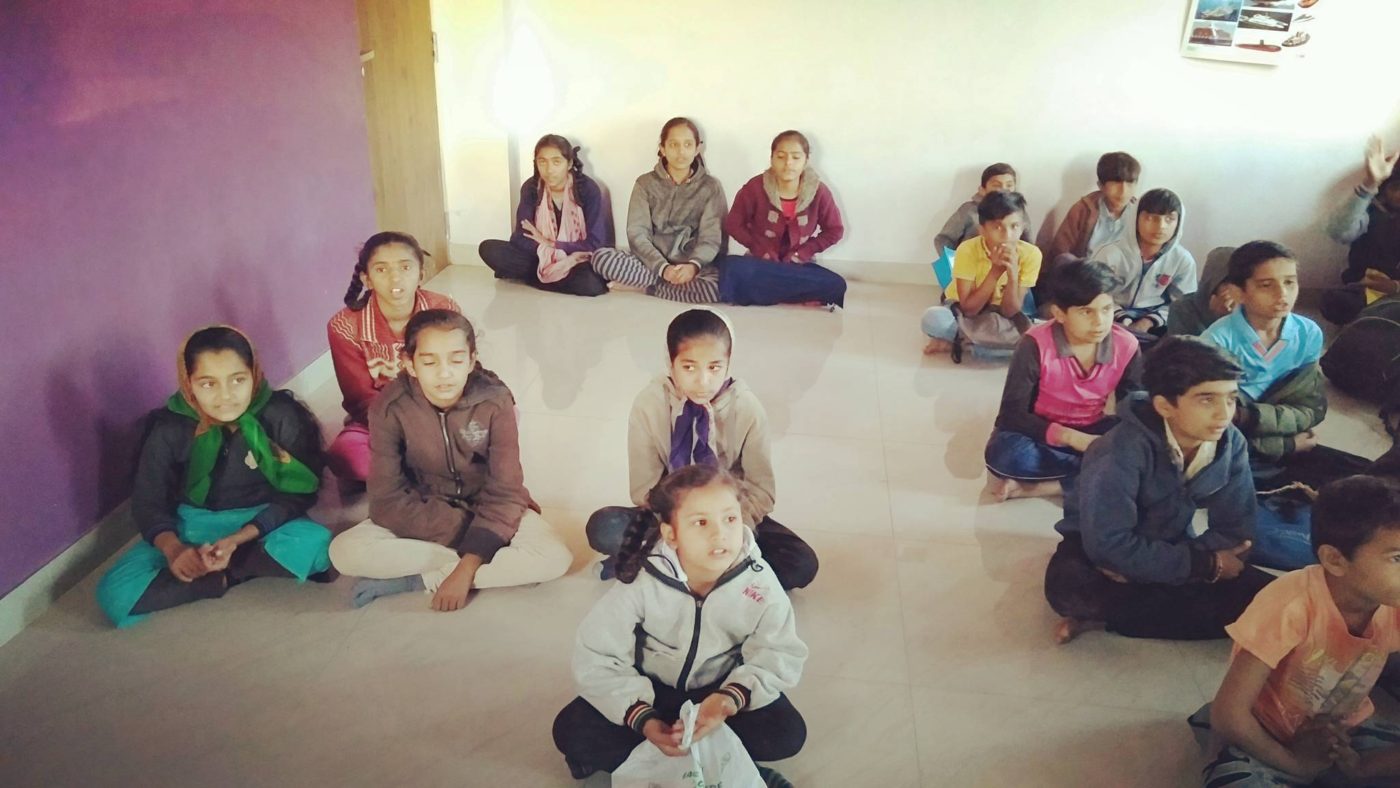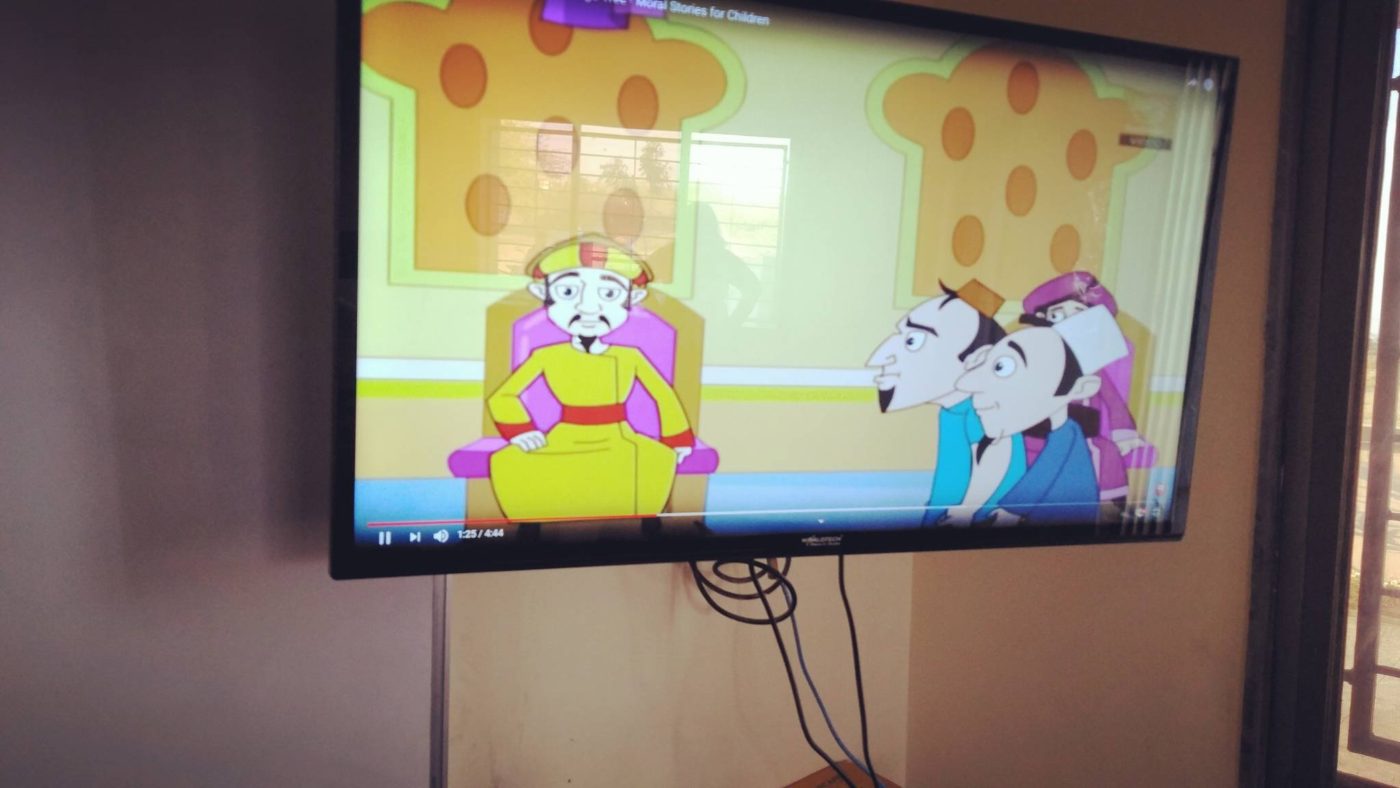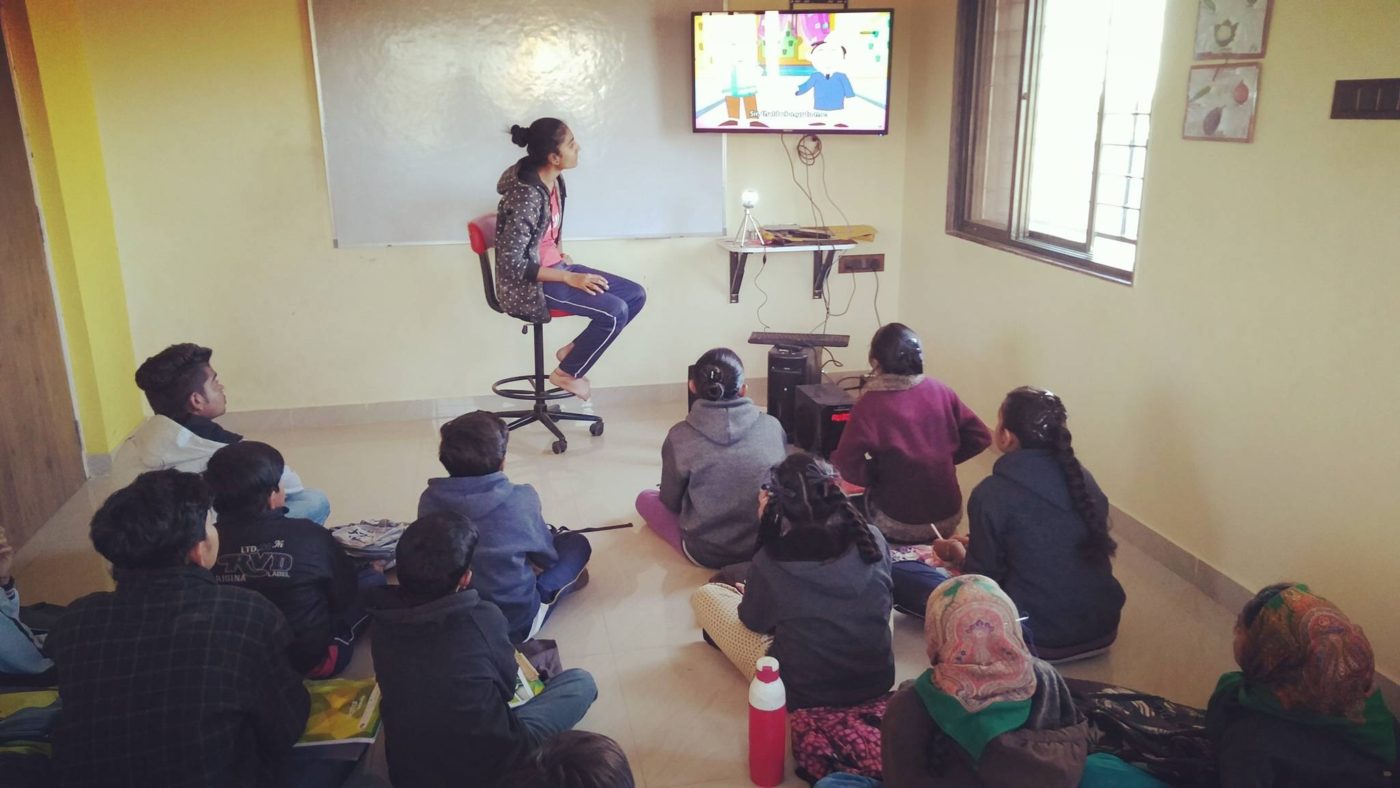Digital / English E Speak initiative


Our initiative is to supplement traditional learning through “e learning “ thus continuously expanding horizons
This is conceived and supported by Mrs Sushma Singh, Mr Sailendra Singh, Master Siddharth SIngh and Master Gautam Singh
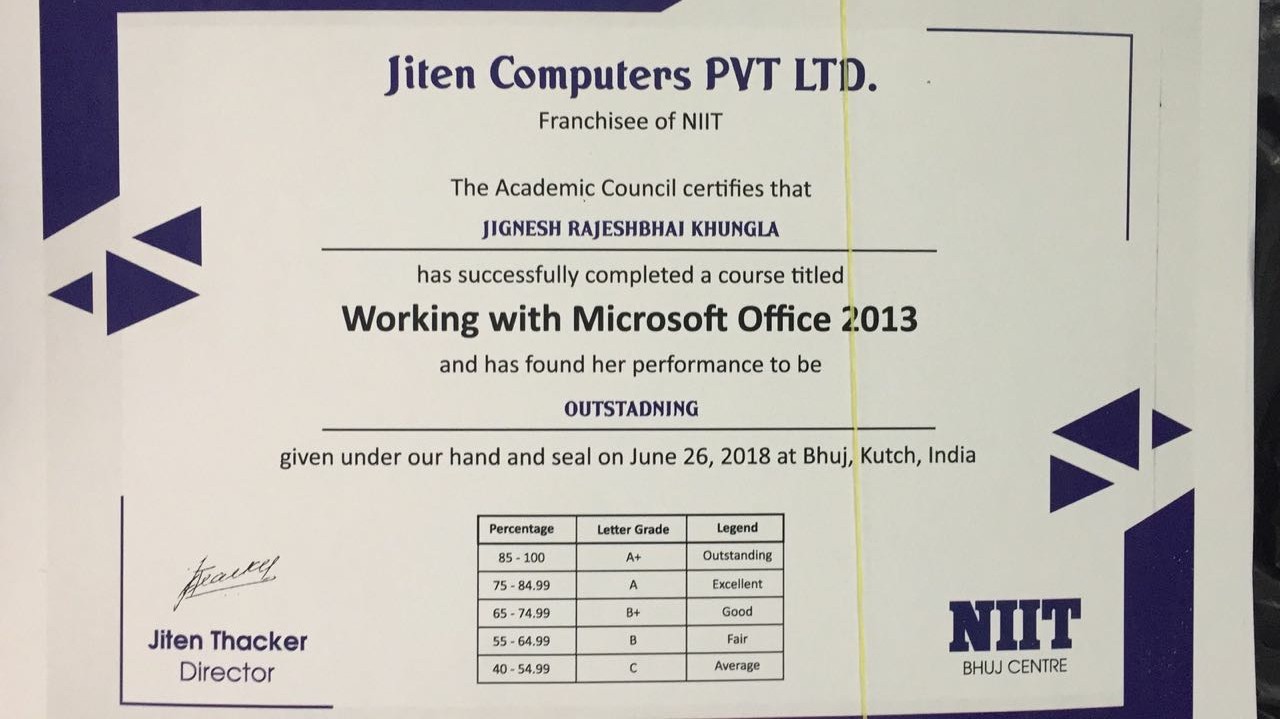
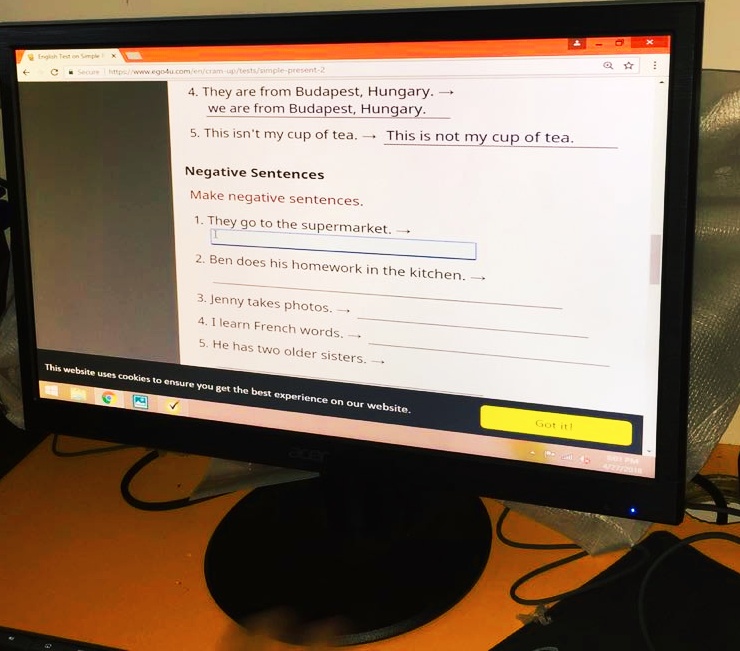
English is the most widely spoken language in the world and it stands out as the most popular and influential on earth. English is the language of science, navigation, aviation, computers, diplomacy, and tourism. Knowing English language and English languages! English is not only useful – it gives us a lot of satisfaction. We enjoy communicating in English. Because it’s fun! By learning to communicate in English, we also learn about other cultures. That means communicating English is a way to improve our opportunities, satisfaction, comfort, confidence, joy and it is also a mark of personality and attitude. Unfortunately, a suitable atmosphere is not created to fulfill needs of rural students for learning to communicate. If rural students want to run the success parallel to urban students they should improve their English communication skills.
Language learning is a skill that can be perfected only through constant practice and continuous exposure to the target language, the available resources should be completely tapped so as to provide an encouraging atmosphere for learning and practicing the language. After completing primary education, then secondary education and then college also, many students are not able to communicate-read- & write in English properly. Majority of such students, hail from rural areas. This is because of their weak foundation of English, lack of communication build-up at school and/or college levels, their hesitant nature and so many reasons… So, it is important to find out all those reasons and the ways to solve or at least minimize them.
Almost all rural students complete their secondary education from Gujrati medium, whereas maximum urban students as compared to rural students have completed their secondary education from English medium. This simply indicates that medium of education affects students communication skills. . In other parameters or factors like Initiativeness, Decision Taking power, Practice of English communication in a day, Writing in English, Language preference for communication, Willingness, Understanding English communication, Vocabulary, Grammatical understanding, Efforts to speak English etc. urban students lead! . Almost 80% of rural students are scared to communicate in English with their friends, teachers & family. This is just because they are not having confidence in them. It remains a fact that, maximum students from rural group are economically poor and so they have to work for themselves to be an educated students (earn & learn)! So, attitude of the rural students must be changed to make them communicate in English and avoid those who discourage them from communicating in English. The village students have not yet realized the importance of communicating in English for their personal development and career opportunities. Rural students are also confident, intelligent and smart but they are not initiative taking. They don’t have a proper environment to improve their skills. They are not having economically strong background. They have their household workload for everyday. Because of all these reasons, village/rural students are not getting exposure to enhance their English communication skills.
For rural students, communication in English should be their main target . They should keep practicing to communicate in English in their own environment, in their group of friends, on social sites, on social communication apps etc! Try to communicate in English with the one who knows English!. It will help them to improve their vocabulary and so, English communication. Tutorials system should be introduced and students can be divided into groups. Constant non invasive supervision of their academic progress increases their confidence levels as they will be regularly in touch with their teachers. For this, teachers should be committed too! Frequent group discussions should be arranged by teachers. Students should correct their grammatical mistakes in such kind of sessions with the help of their teachers, friends, whoever is better in English. Rote learning should be avoided. Village students feel less comfortable when surrounded by other students who can communicate in English. This feeling should be killed by improving their confidence. Because it is only the key to success!
English is the most widely spoken language in the world and it stands out as the most popular and influential on earth. It is being spoken almost all over world and has gained a prominent place in the minds and hearts of people especially even the rural students want to learn the second language by any chance. Even though it is a second and alien language many parents want their children to learn English for which they are ready to spend any amount of physical labour and financial assistance. The daily wager expects his children to study in the English medium schools. This awareness has come among the rural people. Although India is a multi-cultural country English has become the common and official language of the people today in the computer world. In the internet world, people and rural students want to acquire the speaking skills of English by any means, coaching centres, spoken English classes etc. it is the felt need and need of the hour for rural students to learn the importance of speaking skills of English today
The Ekalavya Initiative of Transforma Management Partners Pvt. Ltd., aimed at the education and development of children from resource-challenged backgrounds ,has created ESPEAK to help develop genuine conversational capabilities in English amongst first-generation literate learners. ESPEAK is a powerful, tested and proven program that has a unique transliteration-based language learning component. The program aims to enhance capabilities in conversational English

